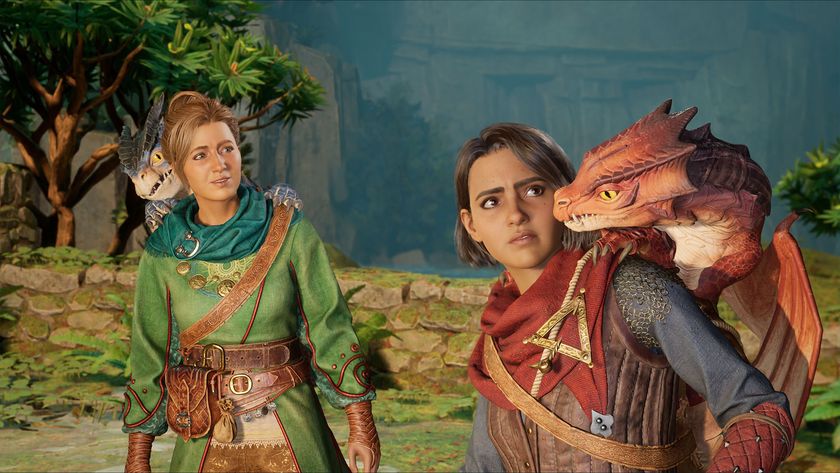Why you can trust 12DOVE
Love. It is an irresistible force. Love. What is this wonder that binds us together like vines round a mighty tree? Love. Though we are cruel and wicked and immoderately desirous of the lands of peaceful indigenous peoples, still this great power overwhelms us like the mighty tide lapping relentlessly against the sandy shores of pitiful existence...
Terrence Malick is still pretentious. He is still an artist in the archest sense of the word. And you will still need a very comfy seat to fully appreciate his vision.
His fourth film yo-yos between transcendence and tedium. “Come Spirit,” intones the opening voiceover of Pocahontas (Kilcher). “Help us in the story of our land – you are our mother, we your field of corn – we rise from out of the soul of you.”
The tone is set. Disney has nothing to worry about; David Attenborough, on the other hand, should watch his back. Malick loves Mother Nature, savage and unforgiving though the old sow is. Working with Ali lenser Emmanuel Lubezki, the taciturn director has shot one of 2006’s most beautiful films. Lush and atmospheric and transporting in parts, it is an experience few ‘serious’ filmgoers will want to forego. But it is more endurance than enjoyment: a film to admire and dwell on but hardly embrace. It makes The Thin Red Line look like Bad Boys II.
The disappointment is not in staging or spectacle. Despite a fairly modest ($30 million) budget and a potentially fusty setting (pre-Crucible) the look is shimmering, the action scenes – well, scene – impactful. Neither, largely, do the performances disappoint. Kilcher is exceptional: an ingénue with smarts as well as heart, required to convince as both New World innocent and ‘civilised’ woman. Bale is fine as a stalwart widower epitomising unconditional love. Farrell is effective if not spectacular as Smith – his problems as much down to the story shortcomings as the technical frailty beneath his movie-star charisma.
Malick is in love with the love story – lending nearly two hours of the trying length to the Smith/Pocahontas dalliance. With endless cavorting through Virginia’s fair fields and ponderous voiceover from lead and lady, scenes begin to resemble the Padmé/Anakin nuptials on Naboo. The film is a love letter to grass. Malick then undersells Smith’s Big Decision and what should be Farrell’s emotional high point, before leaving a meagre 35 minutes for the real narrative gristle.
The director’s familiar themes are all explored – innocence threatened, the bind of love, man’s inhumanity to man – but never more effectively than they were when standing on “the shore of the New World” in The Thin Red Line. Lessons? Fate and nature can be cruel. Love can conquer. Don’t kill the natives. The grass is always greener.
Irritating and enthralling, beautiful yet threadbare, Malick's would-be masterpiece is just carried by Q'Orianka Kilcher's smile.
The Total Film team are made up of the finest minds in all of film journalism. They are: Editor Jane Crowther, Deputy Editor Matt Maytum, Reviews Ed Matthew Leyland, News Editor Jordan Farley, and Online Editor Emily Murray. Expect exclusive news, reviews, features, and more from the team behind the smarter movie magazine.
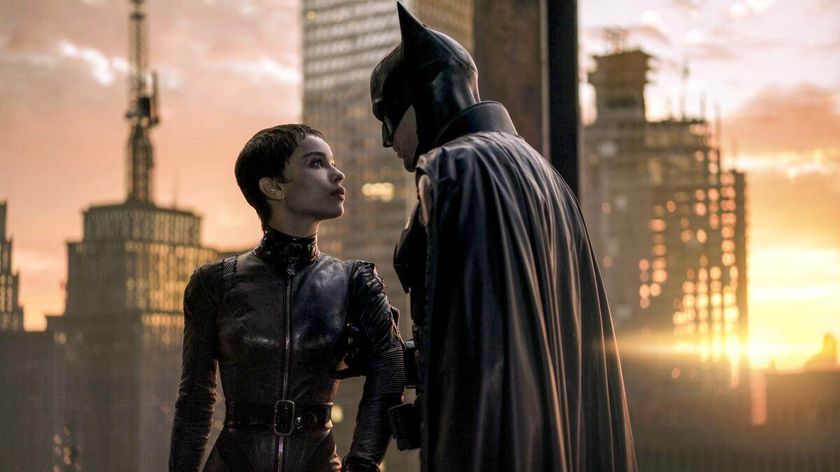
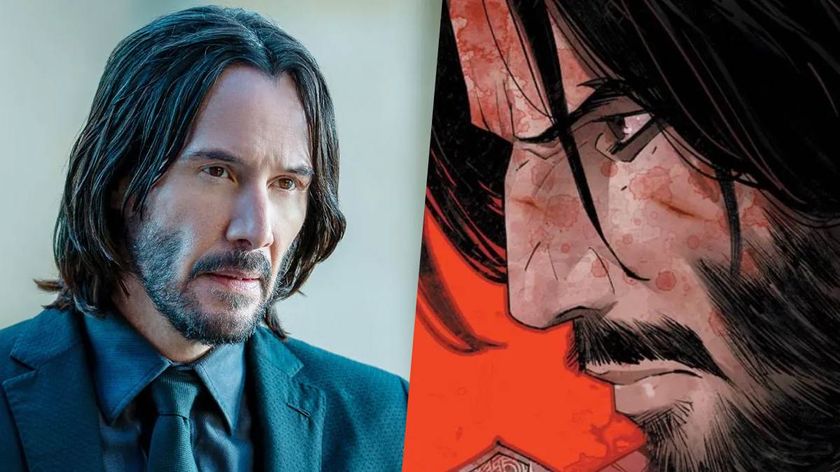
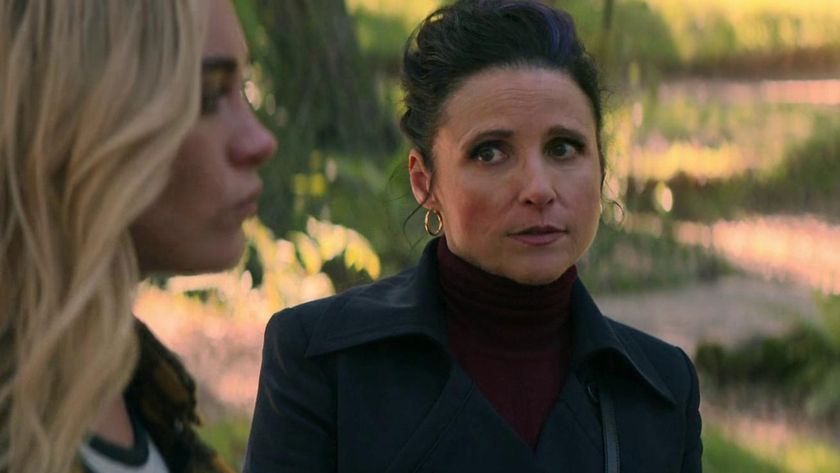

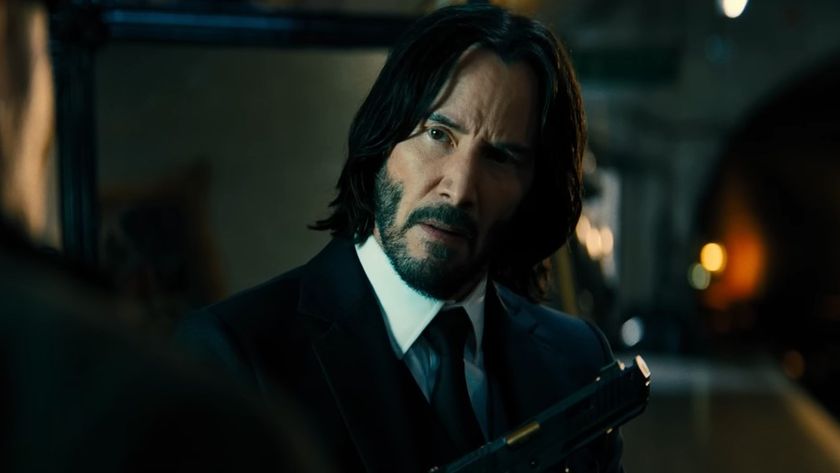
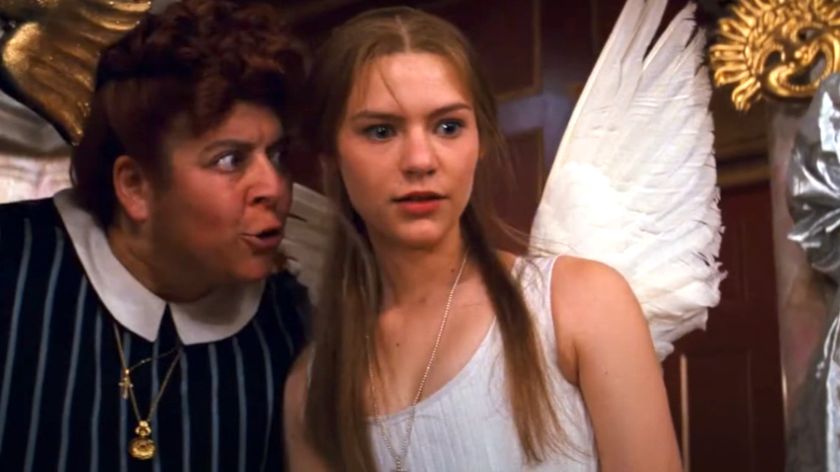


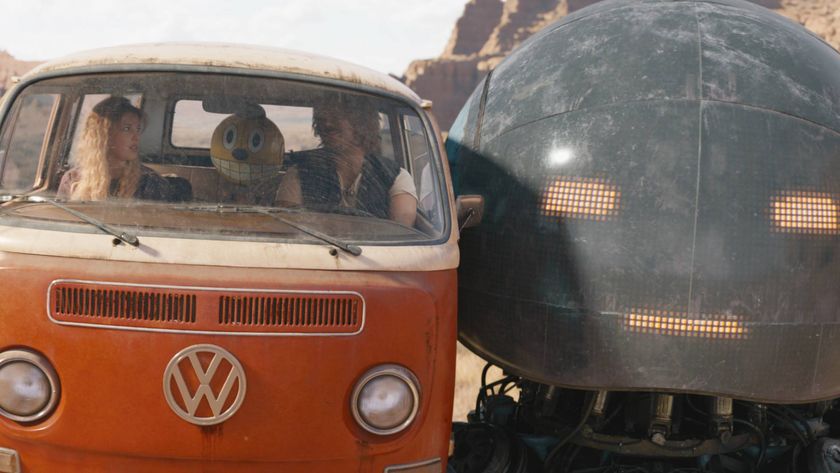
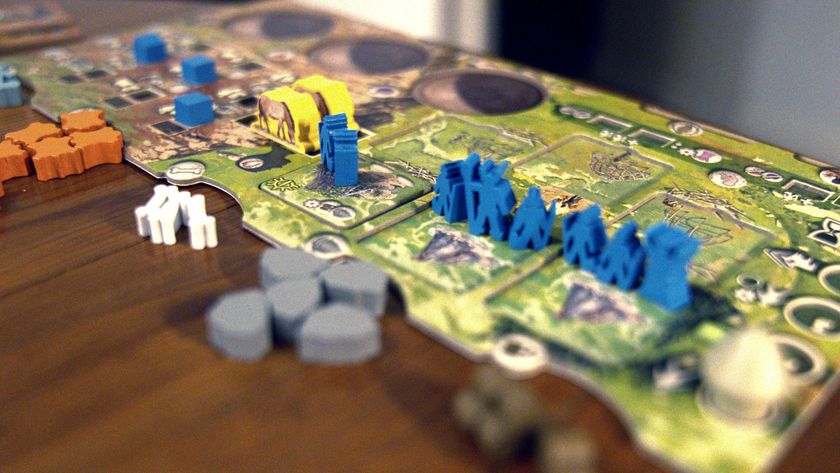

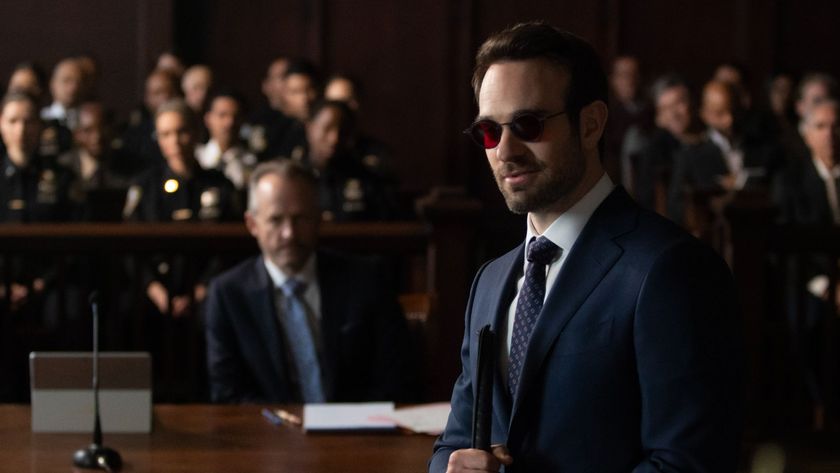
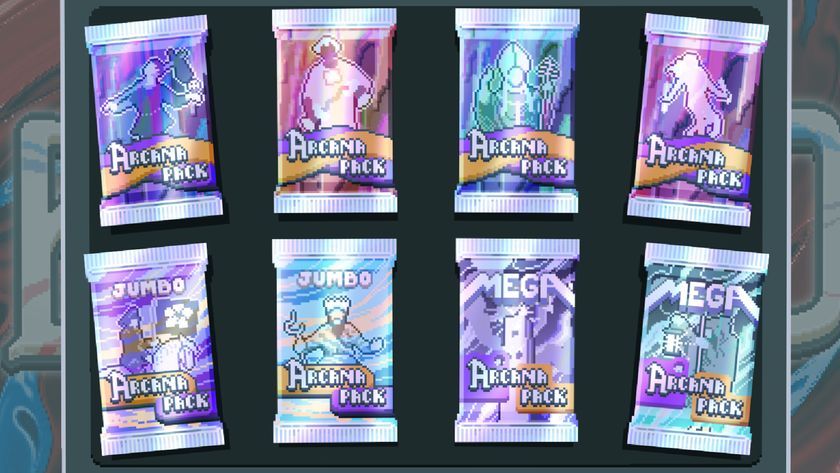
Balatro creator started "properly playing the game myself about a week before launch" and had "a pretty emotional moment" where he realized it's "actually fun"

Hideo Kojima reveals Death Stranding 2: On the Beach release date, and the Collector's Edition includes exactly what I predicted it would
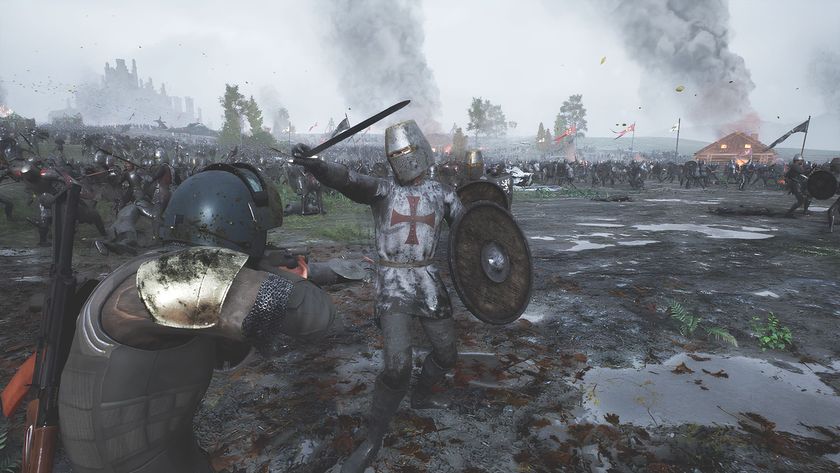
Kingmakers is a strategy game about taking on medieval armies with a gun, but its devs thought the giant mech was too much
